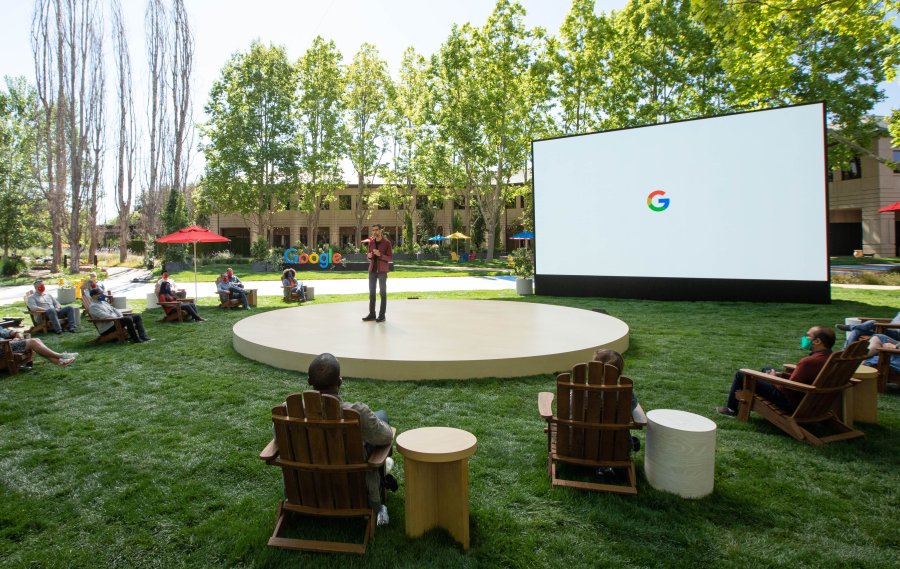Every year, Google shows off some of the new features it is working on at a developers conference called Google I/O. Last year, the event was canceled due to the pandemic and this year it was scaled back.
Follow Rich DeMuro on Instagram for more tech news, tips and tricks.
Although this year’s event didn’t quite have the excitement of previous events, we still got some notable announcements.

“At Google, the past year has given renewed purpose to our mission to organize the world’s information and make it universally accessible and useful,” started Google CEO Sundar Pichai.
This year’s theme centered around building helpful products everyone can use. Mostly by having machines and AI do the heavy lifting. There is also a renewed emphasis on privacy.
“Google is always markedly improving what it has… and what it has is pretty remarkable,” said Jeff Jarvis, a media professor at The City University of New York and host of the podcast This Week in Google.
Google showed off new AI technology they call LaMDA, which basically lets you “talk” to data. They demoed two examples. Talking to a paper airplane and talking to Pluto (the heavenly body, not the cartoon character).
It was strange, but Google is imagining a world where datasets can interact with humans in new ways.
For instance, a demo voice asked Pluto what to expect on a visit. The planet replied that it would be cold, so bring a jacket.
Google says 3 billion devices now run Android. Android 12 is getting a visual makeover that’s more playful. There will be a new feature that instantly matches the color theme of your device to your wallpaper.

There will also be new global privacy toggles that let you shut off access to the camera and microphone instantly. This means no app can access them until you toggle the switch again. Also, just like on the iPhone, there will be new indicator lights whenever an app is accessing the camera or microphone.
Google Photos now stores more than 4 trillion photos and videos. Coming soon, there will be a locker to keep selected pictures private. You’ll need a PIN code or fingerprint scan to get in.
Google also showed off a “cinematic moments” feature that uses AI to bring pictures to life in a new way. Sort of like little animated clips, it kicks in when you take two or three pictures of the same thing.
Also on the topic of privacy, Google Search is getting a new option that will allow you to instantly delete the last 15 minutes of your search history.
“Apple has made a big deal about saying they’re more private but Google has lots of privacy protections and I think they wanted to show that off today,” said Jarvis.
We got a sneak peek at the future of video chat. Something Google calls Project Starline. It’s basically a 3D video chat booth where the person on the other side looks like they are actually there and not just a flat-screen.
“It’s as close as we can get to the feeling of sitting across from someone,” concluded Pichai.
Google I/O runs all week, but the keynote is where the company unveils its biggest initiatives and new features. Google also revealed that they are working on more equitable camera software for Android that better represents various skin tones.
Additionally, Google says they are now working with Fitbit and Samsung to build a new generation of smartwatches that all use the same operating system. Perhaps we will see a viable Android alternative to the Apple Watch soon.
Listen to the Rich on Tech podcast for answers to your tech questions.





















